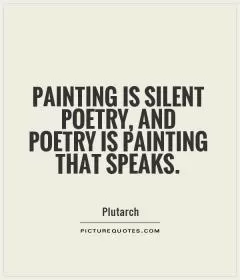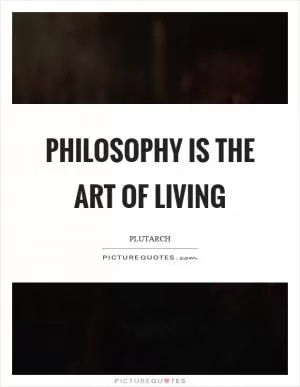I would rather excel in the knowledge of what is excellent, than in the extent of my power and possessions

I would rather excel in the knowledge of what is excellent, than in the extent of my power and possessions
Plutarch, a renowned Greek historian and philosopher, is known for his profound insights into human nature and ethics. One of his most famous quotes, "I would rather excel in the knowledge of what is excellent, than in the extent of my power and possessions," encapsulates his belief in the importance of virtue and wisdom over material wealth and influence.Plutarch believed that true greatness lies not in the accumulation of power and possessions, but in the pursuit of knowledge and excellence. He understood that material wealth and power are fleeting and can be easily lost, but knowledge and virtue are enduring and can enrich one's life in ways that money and possessions cannot.
In the context of Plutarch's philosophy, excelling in the knowledge of what is excellent means striving for moral and intellectual excellence. It means cultivating virtues such as wisdom, courage, justice, and temperance, and seeking to understand the deeper truths of the world and human nature. By focusing on the pursuit of knowledge and virtue, one can achieve a sense of fulfillment and inner peace that transcends the superficial trappings of wealth and power.
Plutarch's emphasis on the importance of knowledge and excellence is reflected in his own life and works. As a prolific writer and scholar, he dedicated himself to the study of history, philosophy, and ethics, and his writings continue to inspire and educate readers to this day. His biographies of famous figures such as Alexander the Great and Julius Caesar are not just historical accounts, but also moral lessons on the importance of character and virtue.












 Friendship Quotes
Friendship Quotes Love Quotes
Love Quotes Life Quotes
Life Quotes Funny Quotes
Funny Quotes Motivational Quotes
Motivational Quotes Inspirational Quotes
Inspirational Quotes